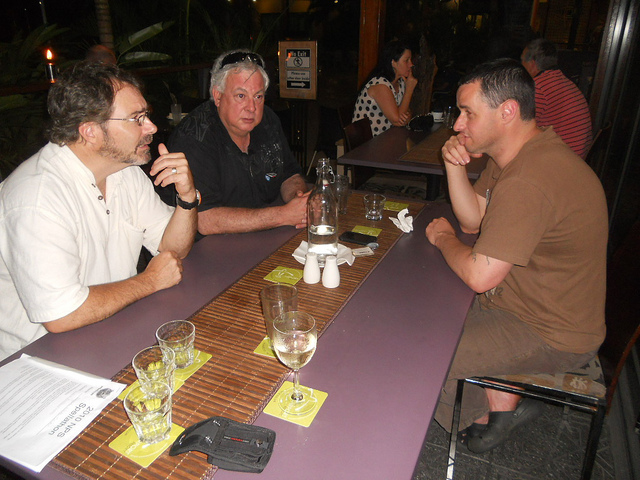The challenge of leadership: what’s needed now?

What’s needed now? I’ve just had the privilege of attending a Sadler Heath event that posed this question in an ‘exploration of listening for the right thing to do…. not only in a chaotic, complex, ambiguous, confusing, uncertain and volatile situation, but also when things are simply “fine”’.
What emerged for me from this morning of rich conversations, self-reflection, insight and a sharing of emergent ideas was – unsurprisingly – not so much clear answers as an indication of what needs paying attention to – by ourselves as individuals, by our leaders, and by our communities.
Over the course of perhaps half a dozen conversations, themes started to appear for me:
The role of leadership
Our leaders need to be engaging with what their people need – and what people need is humanity, connection, and being valued and listened to. Without that kind of leadership engagement there is a risk that employees will be treated as mere commodities – which in turn diminishes their own scope for engagement, fulfilment and doing meaningful work that offers real value and sustainable benefits.
Responsibility
Regarding ourselves as victims of circumstance and absolving ourselves of responsibility is a fruitless, but common, pursuit that can leave us stressed, directionless and out of touch with our purpose. Blame is divisive: it sets people apart rather than allowing them to connect. On the other hand, taking appropriate responsibility for our circumstances gives us choice, and choice allows us to stand in our authority and stay more in touch with the changes we want to make and the results we want to create. And acceptance of ‘what is’ – rather than railing against what we dislike – makes it easier to make properly founded choices about what we want to do with ‘what is’.
Connection
The theme of connection and dialogue recurred often during our morning together. Well-judged choices are supported by dialogue – dialogue with ourselves in the first instance, with others with whom we have commonality and with others where we have differences. In one of my conversations I was offered the concept of conversation as the unit of change, and it became clearer than ever to me that change without true conversation – conversation that engages with reality and values rather than belief, assumption or emotion, and in which people are truly listening to each other – will probably be short-lived.
Connection with the system
Everything and everyone connect to the system it or they are part of – and self-awareness is a starting point for understanding what’s needed in the system shaped by ourselves, our communities and our organisations. We need to appreciate that we and our relationships work as part of bigger systems that need respecting. We’re all part of a social tribe, which influences, and is influenced by, other people, concepts, beliefs, assumptions, feelings, actions, behaviours and other living things – and we need to find our place in that tribe.
So what’s needed now?
I came away from the workshop knowing more about what I needed to think about – and I realised that I had more responsibility than I’d previously perceived for creating the change that may be needed for a better world, better-run organisations and more fulfilled and effective leaders.
As stimulating as the topics of our conversations were, none of them could have happened without the openness to learning that seemed to be in the nature of this group, the willingness to address tough issues, and the readiness to engage with some challenging concepts. And certainly none of it would have happened without moderator Jeremy Keeley’s gentle provocation, the space that he created for conversation and sharing on carefully-designed questions, and the landmarks he provided with the occasional poem. Derek Walcott’s poem, Love After Love, provides a fitting tribute to this ‘workshop with soul’:
Love After Love
The time will come
when, with elation
you will greet yourself arriving
at your own door, in your own mirror
and each will smile at the other’s welcome,
and say, sit here. Eat.
You will love again the stranger who was your self.
Give wine. Give bread. Give back your heart
to itself, to the stranger who has loved you
all your life, whom you ignored
for another, who knows you by heart.
Take down the love letters from the bookshelf,
the photographs, the desperate notes,
peel your own image from the mirror.
Sit. Feast on your life.
It all seeded learning and thinking for me on what, as an executive coach, I can do differently to create spaces in which leaders can reflect on what really matters and how they can make the kinds of difference they often tell me they want to leave as a legacy.
Photo by Michael Coghlan via Compfight


